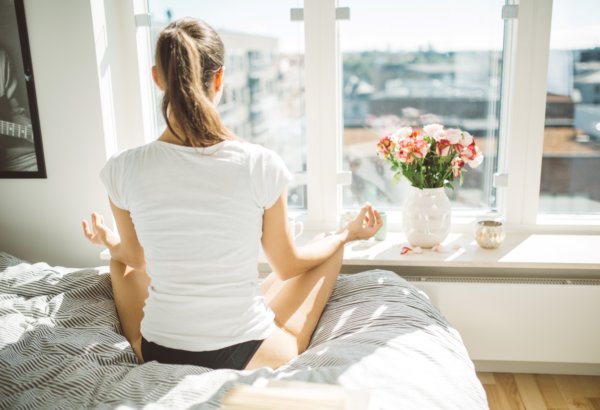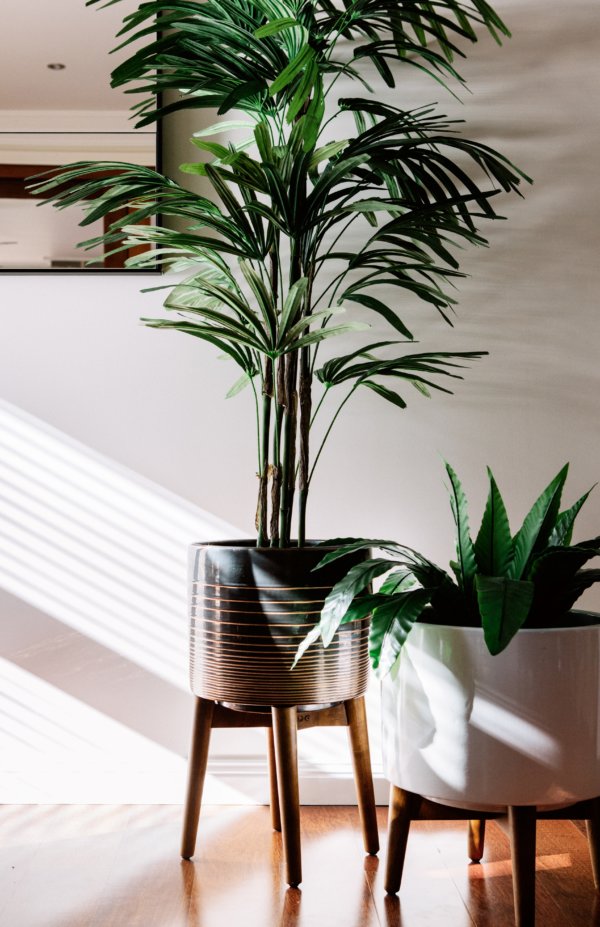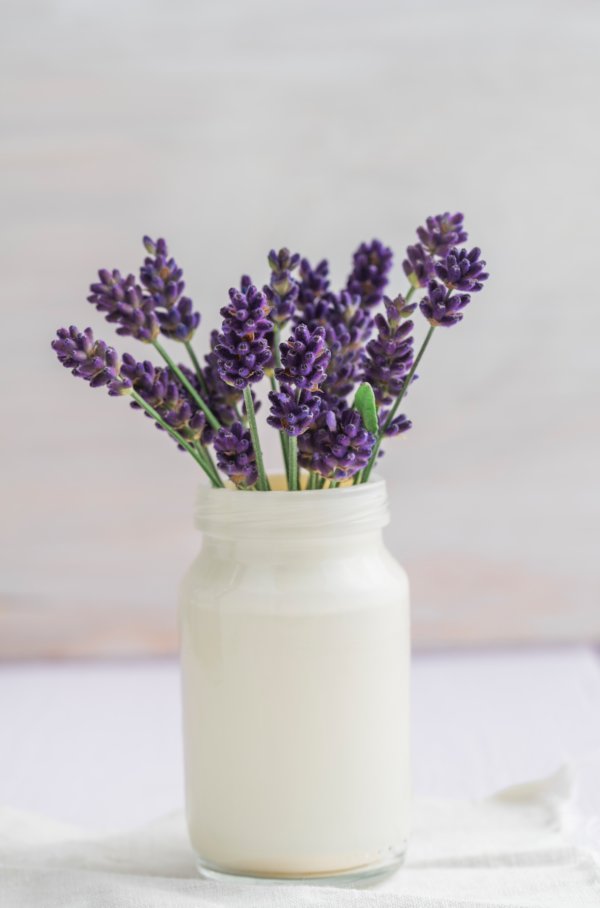
While some people may dismiss burnout as a myth – the World Health Organisation added Burnout to the International Classification of Diseases, meaning it will become a globally recognised medical condition as of 2020. Burnout is defined as chronic workplace stress that has not been successfully managed and in today’s working environment it is more common than ever.
“You can reach ‘burnout’ when your nervous system is in overdrive for too long, often due to stress. A lack of rest, relaxation or general ‘downtime’ from stress is like depriving your body of good food – eventually your energy and mental resources start to run out. The results can include fatigue or exhaustion, so that even the smallest things become an effort. You might feel emotional or short-tempered, find it hard to concentrate or make decisions, and find that even little things upset you,” explains Nutritionist and Fitness Instructor Cassandra Barns.
If this sounds familiar our experts are on hand to offer their advice to help you minimise the effects of a burnout.
Try To Find Joy In Each Day

Mindset Coach Isabella Venour asks, “Are you living for the weekend? If you regulary feel short of time, tired, unmotivated and as a result spend most of the week feeling stressed and demoralised, it’s easy to wish your week away and look forward to the weekend as a means of escape.”
So how can you find the joy in each day – even when it’s a weekday?
Purpose – Find purpose in what you are doing – and we mean the deeper purpose – how are you helping others? If you find that the answer to that question doesn’t please you, could you be in the wrong job? You can work with a coach to identify what your strengths are, your values and your hopes for the future so you can start looking for a career that aligns with who you are and want to be.
SWOT analysis – Take some time to analyse the job you have by noting down the Strengths, Weaknesses, Opportunities and Threats it has. What can you do to make the most of the positives? With the negatives work on ways of improving them. For example you can often work on improving the way you manage conflicts with others or learn to become more productive with your time.
Body & Mind – Your mind and body hugely affect one another. When we feel sad or happy you can often see the signs in our body language. It works the other way too, so if our body is in good shape through exercise and we hold ourselves in ‘positive and powerful’ position, it can often trick the mind into feeling better.
Manage your mind – When we feel stressed, this can affect our ability to make decisions and problem solve amongst other things. It’s up to you to manage our stress levels and the responses we have to uncomfortable situations. Some tactics include keeping a diary to help make sense of our own thoughts and feelings so we can start looking for solutions. Activities that distract your mind from a flurry of thoughts can also help you unwind and de-stress. Try a playful movement class; we enjoy David Kam’s classes, or even something as simple as reading a book for pleasure.
Maximise Your Chances Of A Good Nights Sleep
Stress and sleep are closely related, if we do not get enough sleep we find it harder to function and when we are stressed we find it harder to get to sleep. If you’re a late night thinker it can be extremely difficult to break this cycle. A 2015 analysis of previous studies concluded that CBD oil is a promising treatment for numerous forms of anxiety, including social anxiety disorder, panic disorder, obsessive-compulsive disorder, generalized anxiety disorder, and post-traumatic stress disorder.
Practice mindfulness

Psychologist and Psychotherapist Corinne Sweet working in association with ThinkWell-LiveWell, the new mindfulness toolkit for practical people explains why we’re struggling to slow down and relax, “We are finding it hard to slow down and relax due to the increased pace of life at work, home, socially. Constant social media updates, 24/7 news feeds, shops open all hours. Flexible working and zero hour contracts mean old boundaries have melted and we are ‘on’ continuously. To prevent burnout we need to pace ourselves on a human scale. We need to eat well, sleep adequately, wind down, take exercise, moderate addictive pulls (limit alcohol, caffeine), and learn basic mindfulness techniques to live more in the present.“
Top tip: Try ThinkWell-LiveWell
ThinkWell-LiveWell aims to meet people’s real needs in a practical, accessible way. Its innovations in personalisation and multi-disciplinary experiences take people through a complete process of change and development at the emotional, awareness and behavioural levels – in much the same way as face-to-face counselling or coaching would do.
The ThinkWell-LiveWell ‘Mindfulness and More’ toolkit draws on it’s founder Mick’s own multi-modular approach as a therapist to add and combine leading techniques such as cognitive work, NLP, hypnotherapy, guided meditation and dream-work, delivered in both online and offline forms.
Boost your Omega-3
Anxiety is one of the most common mental health problems experienced in the UK, where sufferers can find it hard to control their worries, which can leave them highly stressed and anxious. Feelings of anxiety can go hand in hand with chronic workplace stress.
It has been discussed that a depletion of Omega-3 fatty acids in the brain could be related to anxiety disorders. Adding sources of Omega-3’s such as fish, flaxseed and nuts to your diet could help soothe symptoms of anxiety.
Invest in houseplants

Leading London Nutritionist Lily Soutter recommends using houseplants for their calming benefits. “Many of us know that being close to greenery and nature brings a sense of calmness and ease to our surroundings. Houseplants are a stylish way of bringing a touch of the outdoors into our home. Not only do they help improve air quality and lift mood, but plants may have specific health properties of their own”. Lavender could be particularly helpful if you’re worried about burnout as it can help with stress reduction and sleep.
“Lavender is the plant of choice when it comes to getting a more restful night sleep. In fact, research has shown improvements in sleep quality in those who are struggling with stress and insomnia, with effects being seen from both oral supplements and aromatherapy. Whilst lavender tends to be an outdoor plant, growing this beautifully scented plant indoors can be well worth your time. Ensure that your pot plant has access to bright daylight and fresh air.”

Lily’s Top Tip: “Before bed, simply take a few deep breaths, inhaling the relaxing floral scent of your lavender plant for a calmer more restful nights sleep. You can also try drying some lavender buds to make potpourris, you can then add to a cotton bag and leave on your pillow for scented sheets.”
